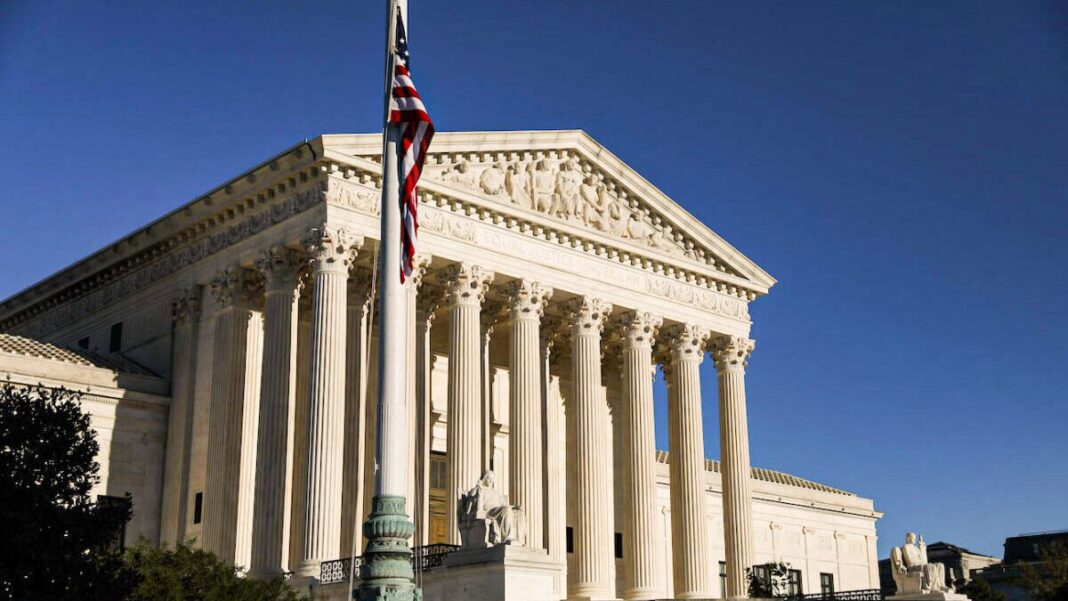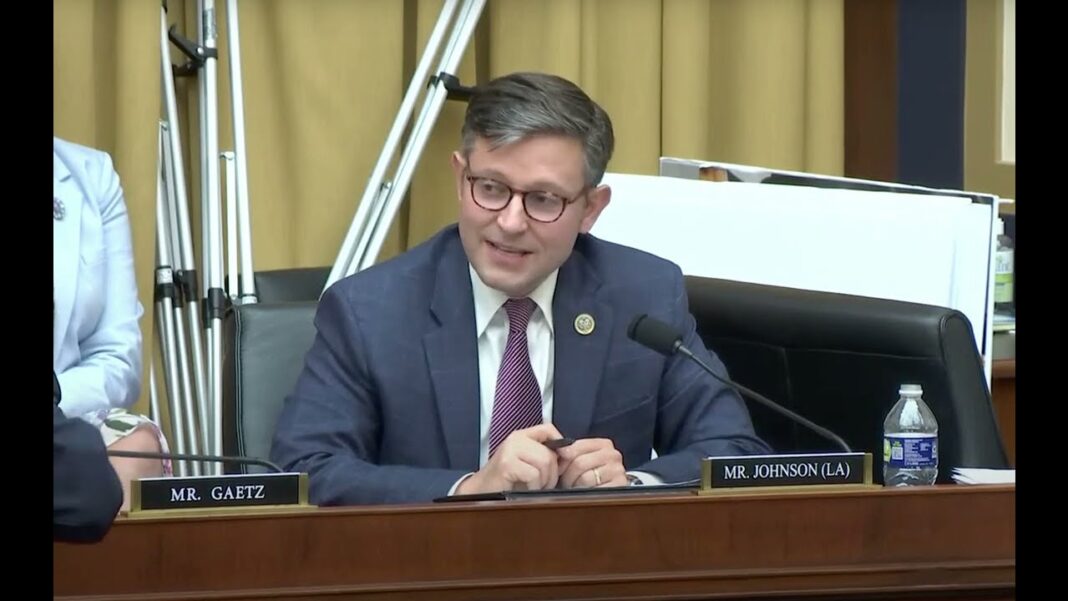Ruling against EPA sets precedent for a series of lawsuits against agency overreach
As the Biden administration reels from a string of recent legal defeats, political analysts hail the U.S. Supreme Court’s latest ruling, West Virginia v. EPA, as but one component of a new, broad-based approach that the courts are taking to halt a century-long effort by progressives to empower the administrative state and rule Americans by bureaucratic decree.
Dating back to President Woodrow Wilson 100 years ago, progressive presidents, including Franklin Roosevelt, Lyndon Johnson, Barack Obama, and Joe Biden, have worked to transfer law-making authority from Congress to their executive agencies. Wilson, the father of modern-day progressives, believed the Constitution, with its separation of powers, was an outdated document and that professional bureaucrats were superior at decision-making, compared to the time-consuming and compromise-ridden process of passing laws through elected representatives.
Wilson wrote in the 1887 article “The Study of Administration” that “the many, the people, who are sovereign [under the Constitution] have no single ear which one can approach, and are selfish, ignorant, timid, stubborn or foolish.”
“The greatest revolution since the Constitution in many ways has been this movement away from legislatures into agencies,” Matthew Spalding, Dean of Hillsdale College’s Graduate School of Government, told The Epoch Times. “The crisis here is the movement away from consent,” as Americans increasingly lose their right to have a voice in setting the laws and regulations that control their lives.
In 1984, for example, the Supreme Court handed down a decision that came to be known as the Chevron Doctrine, ruling that federal agencies had the authority to decide the scope of their power in situations where congressional authorization was ambiguous. Since this ruling, Chevron v. National Resources Defense Council, the courts have sided with federal agencies in cases where the authority of agencies was challenged.







